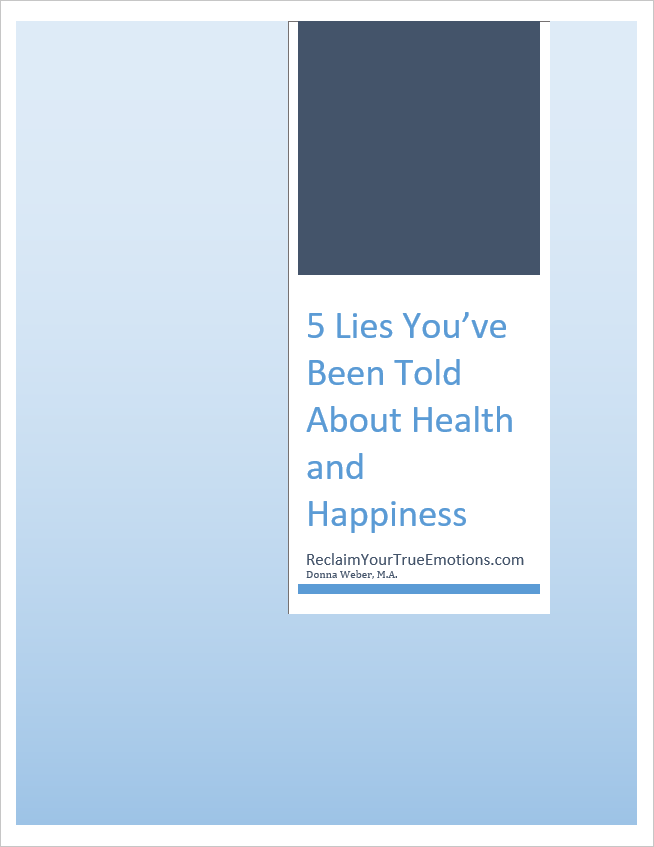In my last post, I introduced you to the concept of emotional personality. There are many ways to define personality. I like to define emotional personality as your relationship with the world. You can think of this as your learned personality or your mask personality.
You may be wondering how to discover your unique personality and how it will benefit you to know your personality.
If you want to understand more about yourself, keep reading.
Exploring emotional personality
For many of you this is a new concept. Here is one easy way to think about your emotional personality. Your emotional personality is a question or short phrase that is always there in the back of your mind.
For example, if you are a person who values productivity, your question might be “Do I know what I need to do next?”
Experiment 1: Guessing another person’s personality
Most of you are able to see other people’s personality better than your own.
Let’s try an experiment. Think about a few close friends and try to guess their personality question or phrase.
Here are some examples to help you get started. A people pleaser’s personality question might be “Do you like me?” People who worry a lot might have one of these questions: “What is there to worry about?” or “What am I afraid of?” People who crave attention might be asking: “Can you see me?” People who are always happy might have one of these statements: “I’m okay.” or “Everything always works out for me.”
Remember you are only guessing. If your friends went through the exercise of discovering their personality, they might have a different answer.
Experiment 2: Trying on a personality
Now that you have been thinking about a personality defined by a question or statement, let’s try another experiment.
You can “try on” another person’s personality. This is a lot like walking a mile in someone else’s shoes.
To start, remember two (2) minutes of a recent good experience. Remember it like it was happening all over again. Get all the good feelings.
Now, take this same memory and as you re-experience it, say a personality question or phrase in your mind.
Here are a few to try on:
Do you like me?
What do I do next?
What is there to worry about?
Life is good.
How can I have more fun?
How did a different personality change your original experience? Were you focusing on different aspects of the experience? Did you emotional response change?
Experiment 3: Discovering your personality
You experience the same emotions over and over again. Start by listing five (5) to seven (7) emotions you experience during a typical week. You want to use all the different distinctions of emotions – not just the basic emotions.
Here are a few emotions to get you started: happy, joyful, grateful, sad, depressed, bored, angry, irritated, frustrated, loving, kind, playful, disgusted, curious, and so on.
Using your list of typical emotions ask yourself: What do my emotions have in common?
Create a short question or phrase that is based on your typical emotions. For example, if your emotions are: curious, excited, interested, bored, and fun then your question might be “What do I find interesting?” When you don’t find anything interesting you are bored. A mix of both positive and negative emotions can help you zero in on the best question or phrase.
If you get stuck, ask a close friend to help you out. You can both go through the personality experiment together. Then, you can “try on” each other’s personality.
Next, we will be exploring your true personality. Once you know your true personality you can decide if your emotional personality is helping you or limiting you. Remember, you can change your personality and reclaim your true self using the poetry of emotion process.
To keep reading…(Image: garryknight @ Flickr http://www.flickr.com/photos/garryknight/5202334232/)



